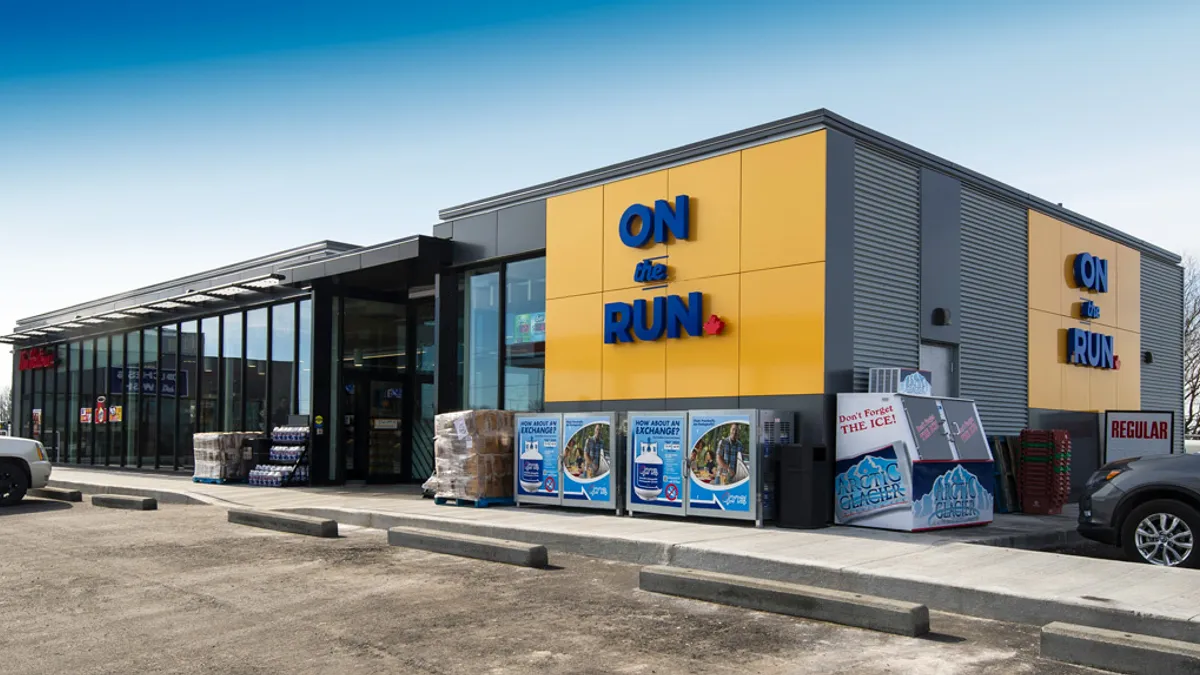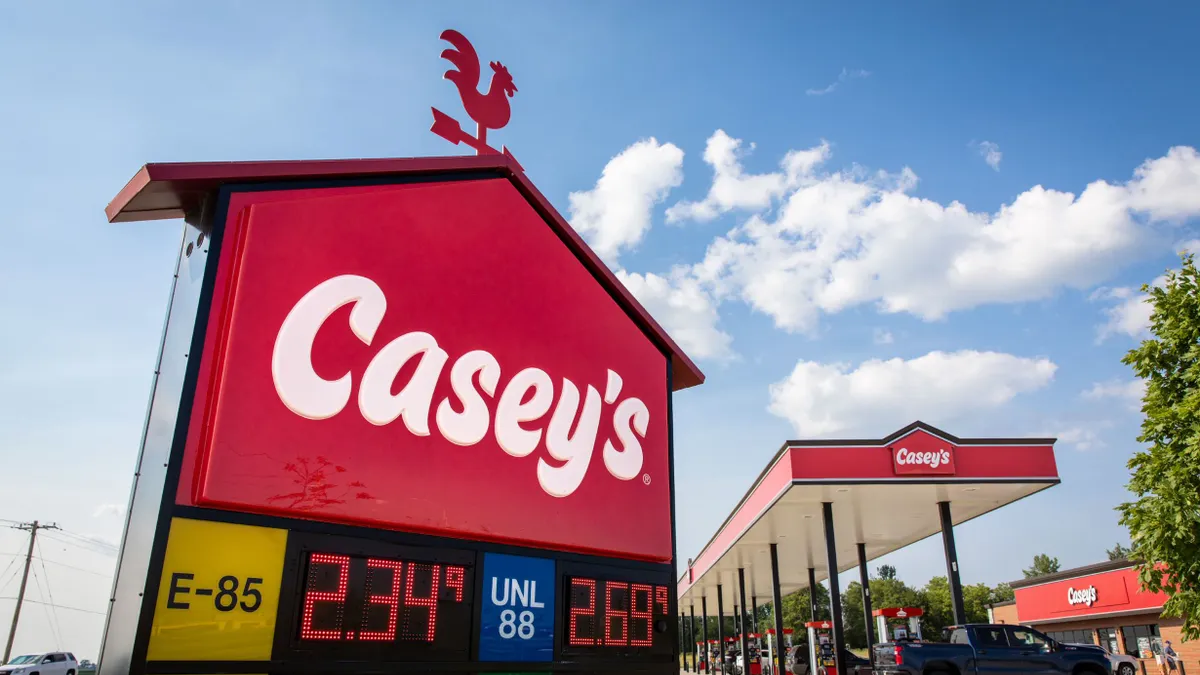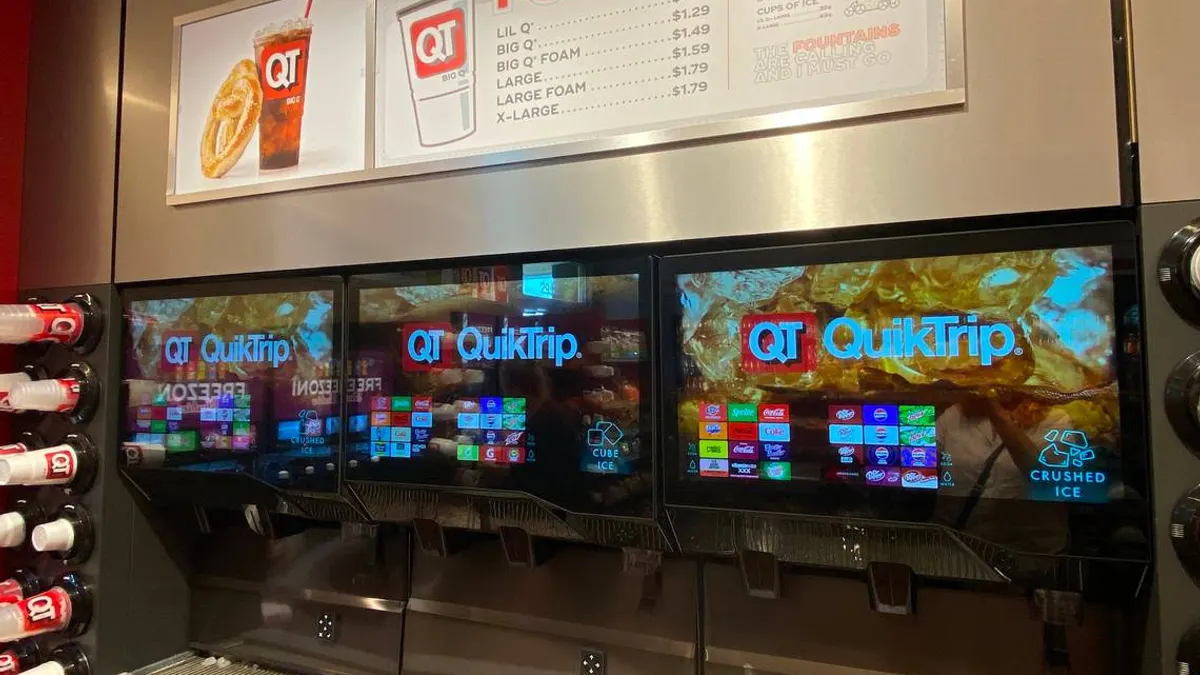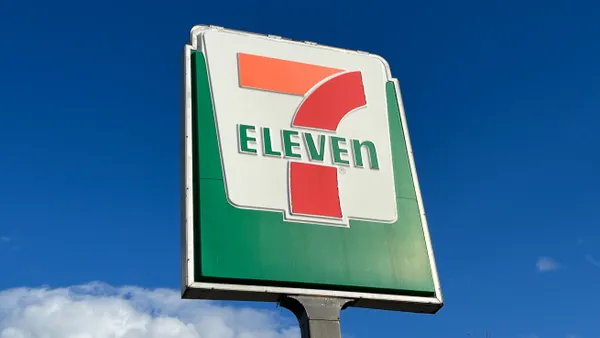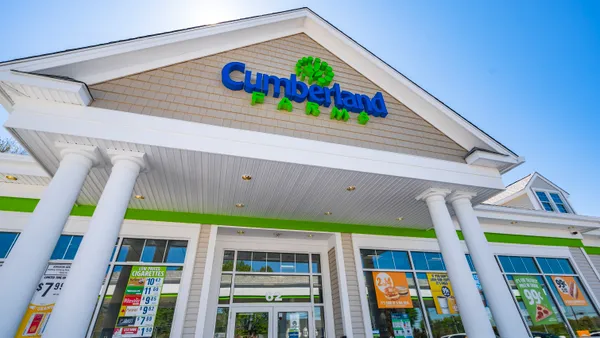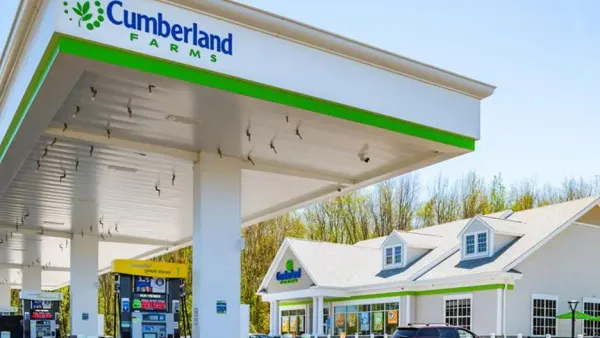Dive Brief:
- Activist hedge fund Engine Capital, an investor in Parkland Corp., is pushing for the retailer to reconsider its “non-core assets” — including its refinery and fuel distribution business — and solely become a “pure play” convenience retailer amid “long-term underperformance,” according to a letter sent to Parkland’s board of directors Wednesday morning.
- In the letter, Engine Capital noted Parkland's c-store and refinery arms have both struggled compared to their peer group over the past one-, three-, five- and 10-year periods, resulting in Parkland currently trading at a “considerable discount.” Engine Capital also said it’s “particularly troubled by Parkland’s staggering underperformance” compared to Canadian competitor Alimentation Couche-Tard.
- Engine Capital has requested a meeting with Parkland’s board of directors to discuss its options moving forward. If Parkland is unwilling to make changes, Engine Capital believes the company should explore a sale of the entire company to either private equity or strategic buyers, according to the letter.
Dive Insight:
One reason Engine Capital, which has a 2% stake in Parkland, believes that Parkland overhaul its business is because it doesn’t believe in the retailer’s growth-by-M&A strategy.
Parkland has added a number of assets not typically owned by traditional fuel and c-store operators, and Engine Capital thinks these assets have led investors to view Parkland as a “conglomerate with disparate assets,” instead of a pure-play convenience retailer.
Engine Capital notes that investors value pure-play retailers due to their stability and predictability, and that they don’t view Parkland the same way, according to the letter.
“The long-term underperformance of Parkland compared to its pure play convenience retailer and refinery peers over every relevant time horizon should convince the Board that the status quo can no longer persist,” Engine Capital said in the letter.
In its request for Parkland to sell its refinery and fuel distribution assets, the hedge fund said it knows of “several parties” interested in acquiring these resources. Engine Capital has also requested Parkland consider a tax-free spinoff of these assets into a second company that could optimize its own strategy and capital structure.
Engine Capital has requested Parkland’s board of directors and its investment bank “immediately start exploring” these avenues.
“While we acknowledge that there are some arguments that could be made as to why these businesses should stay together, it is clear to us that considering the complexity, the conglomerate discount and the long-term underperformance of Parkland’s stock that Parkland in its current form does not work as a standalone public entity,” Engine Capital said in the letter.
Besides requesting that Parkland restore its business model, Engine Capital has asked the retailer to “refresh” its board of directors to add members with c-store merchandising and capital allocation experience, as well as improve its executive compensation framework so that management’s incentives better align with shareholder interests.
In a statement, Parkland acknowledged it has received the letter from Engine Capital. “The letter has been circulated by management to the Board of the Company for its review and consideration,” the statement read. “The Company appreciates constructive shareholder input and will provide an update in due course.
With 1,860 stores in its Canadian network, Calgary, Alberta-based Parkland is the largest independent fuel retailer and second-largest c-store operator in Canada. In the U.S., Parkland supplies fuel to independently owned gas stations and operates 212 c-stores under a variety of banners, including On the Run, Rhinehart Oil, Hart’s, Farstad Oil, Superpumper, KB Express and more.
This story has been updated with a statement from Parkland.



